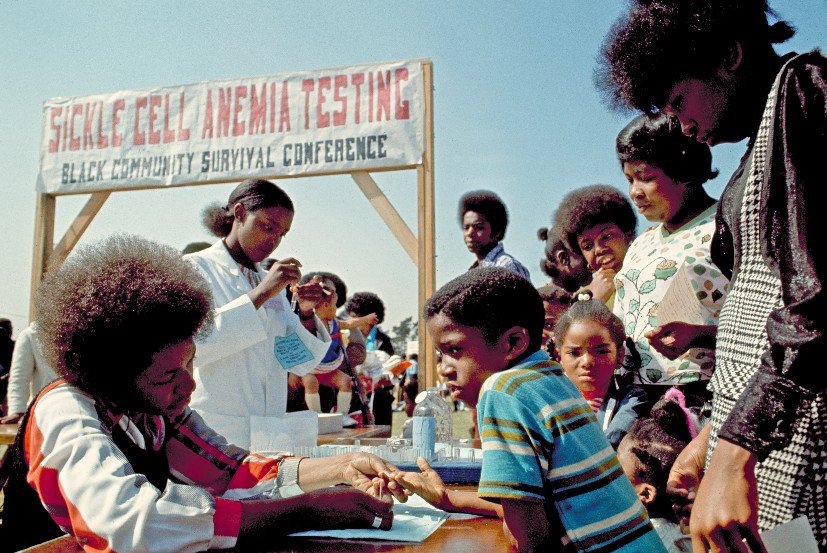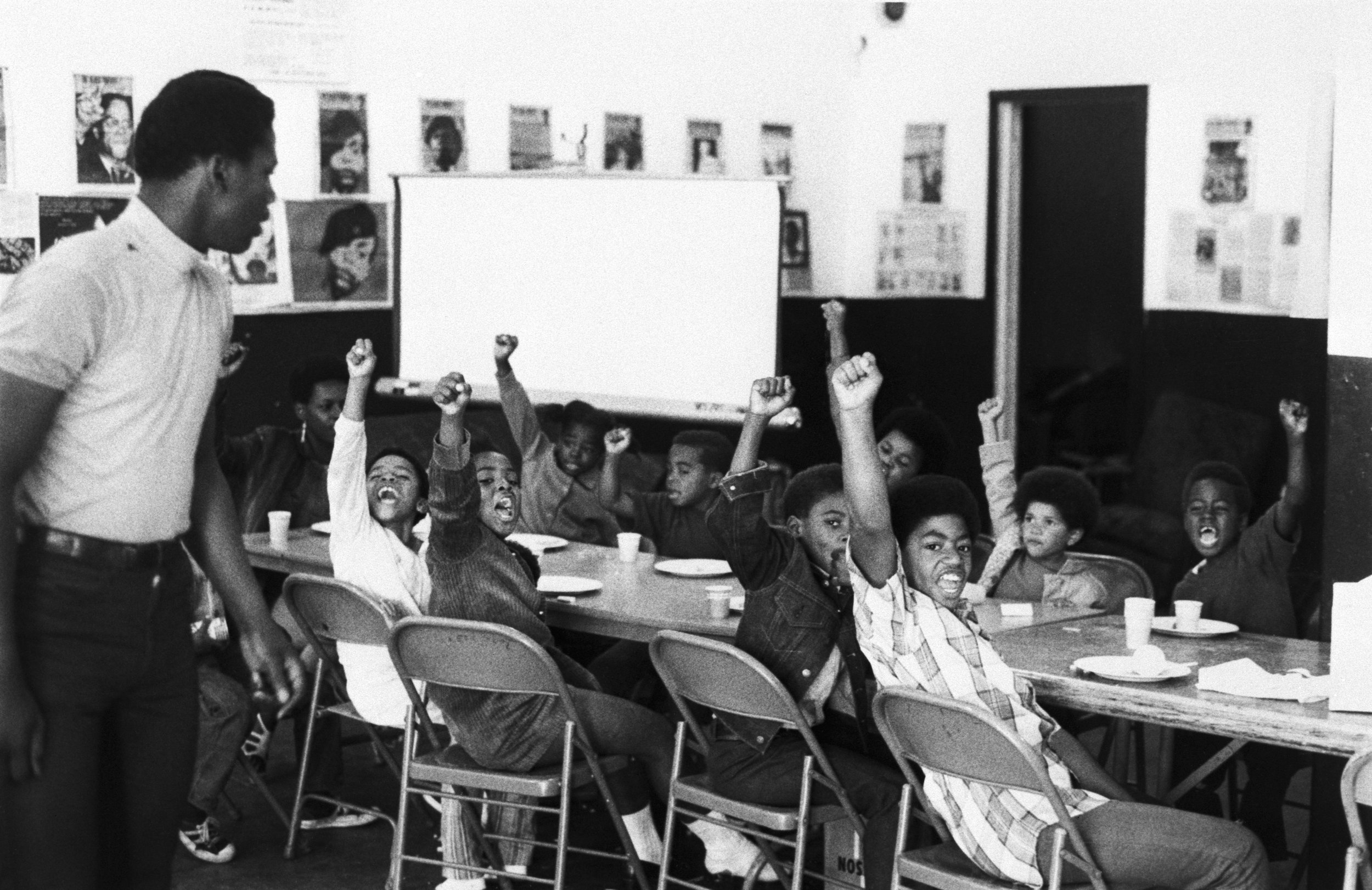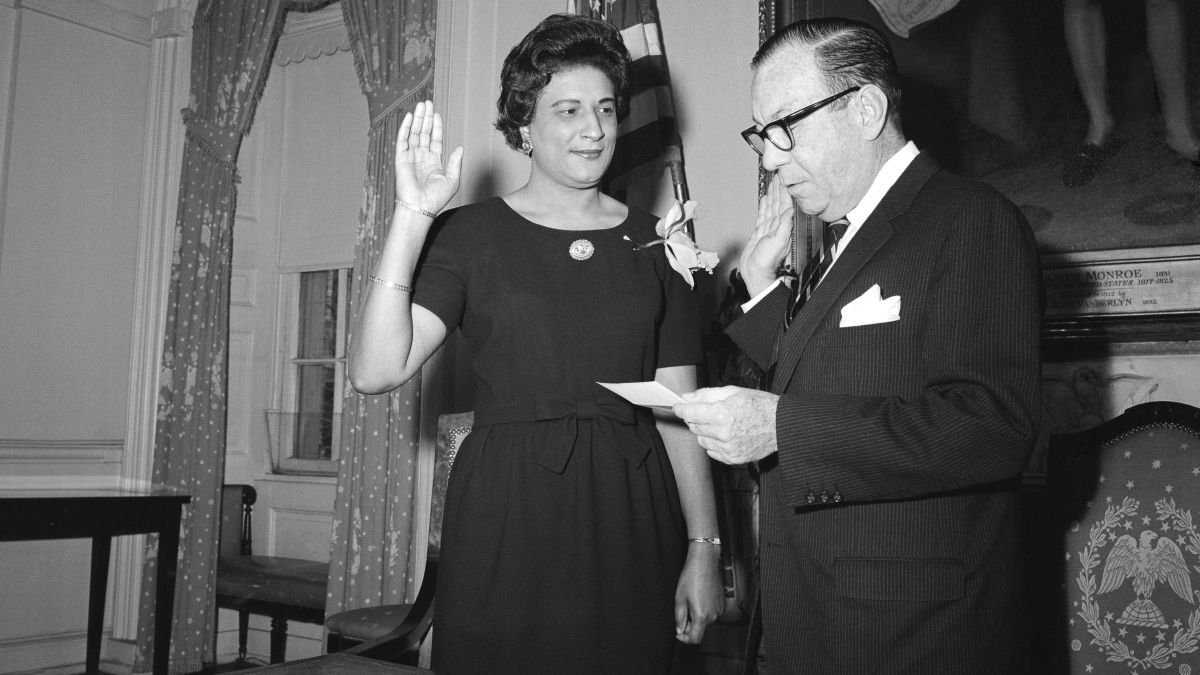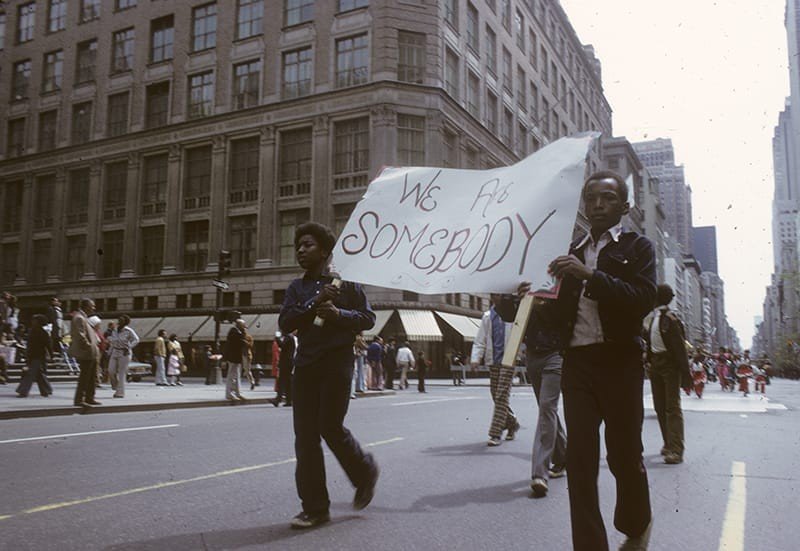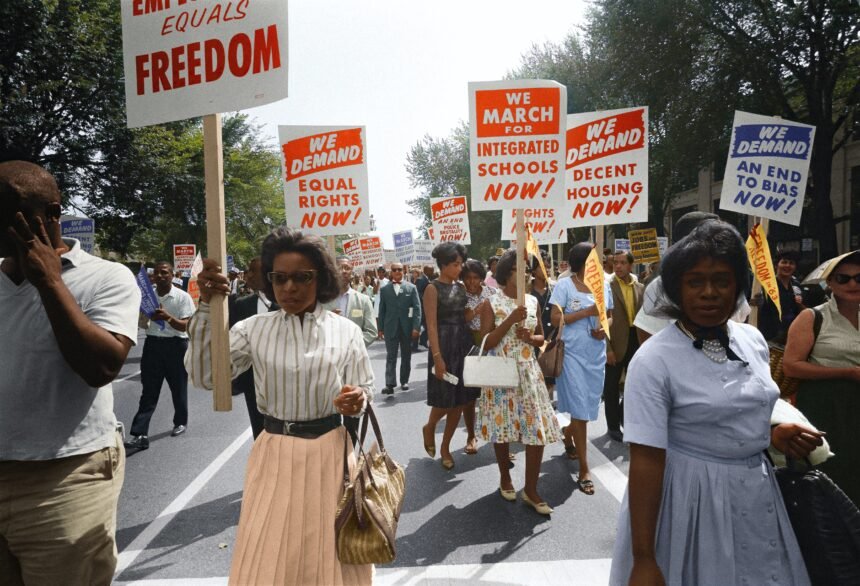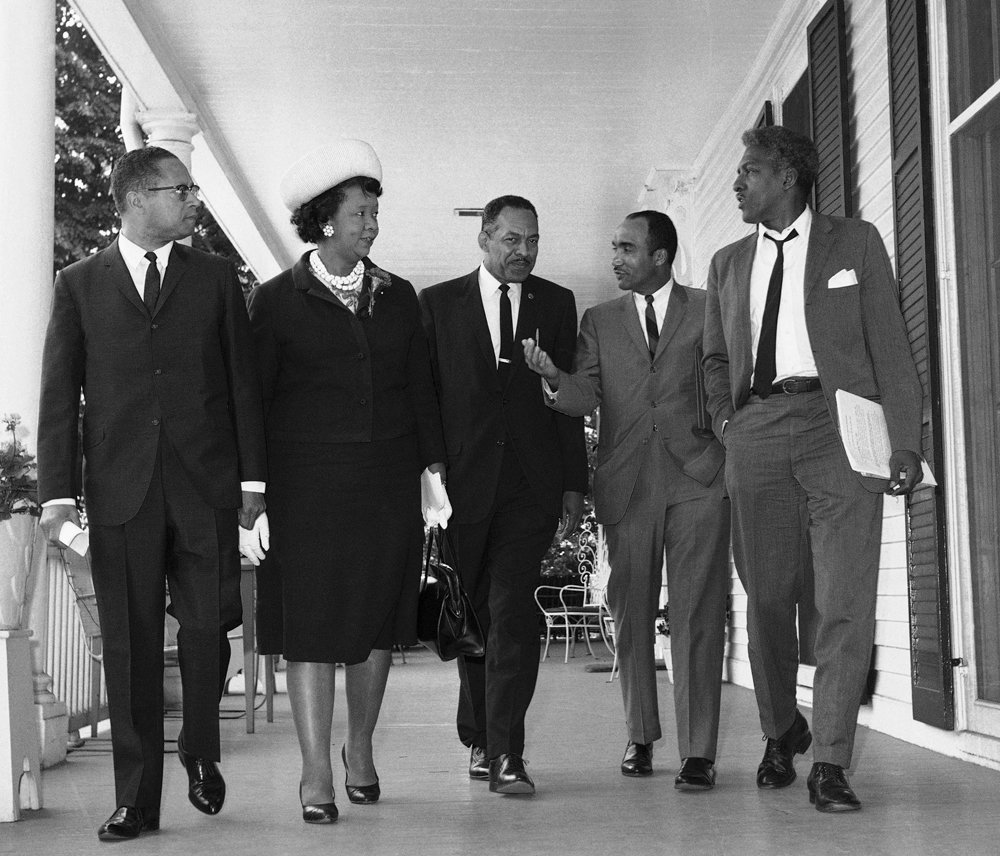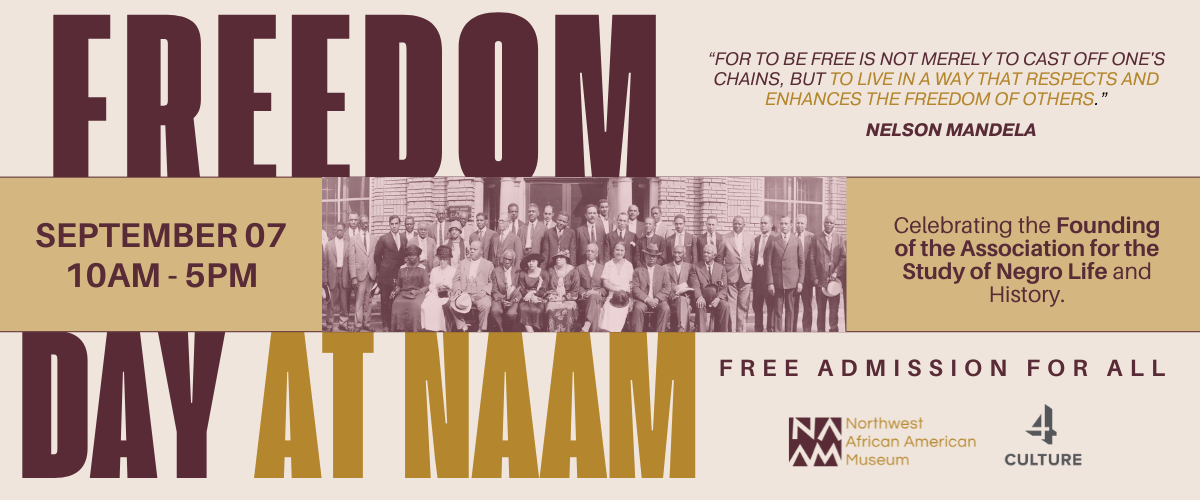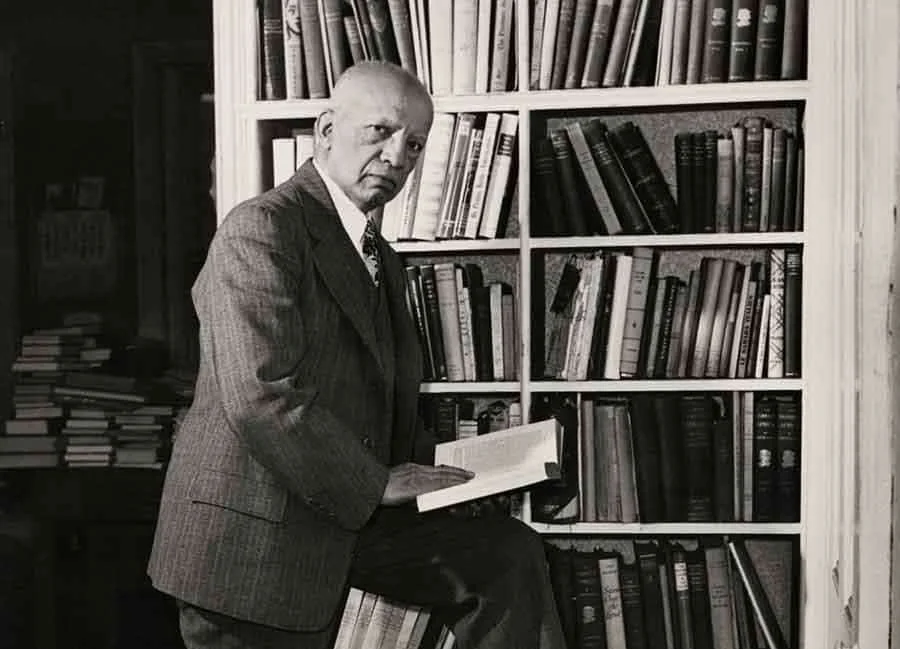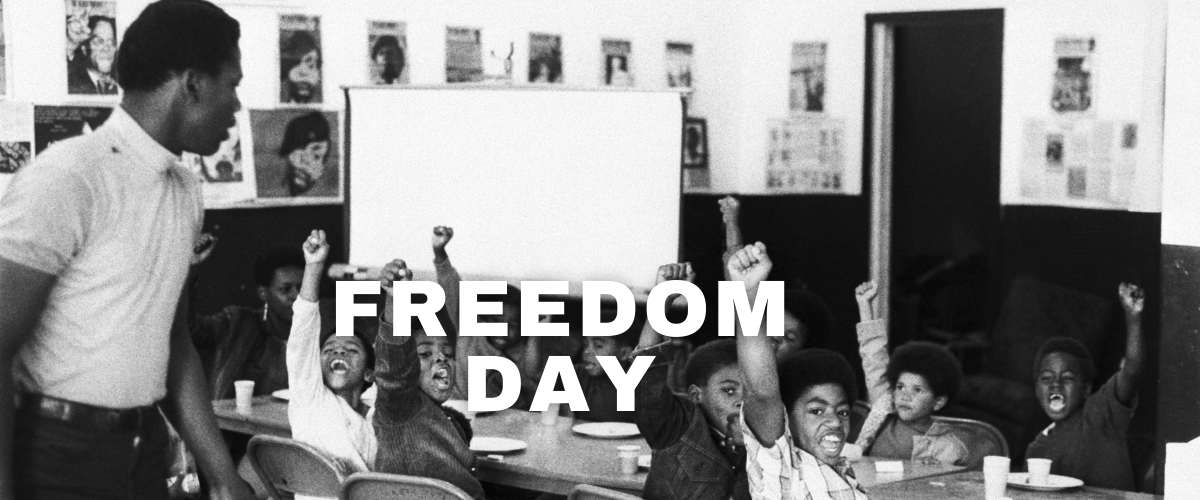
NAAM’s Freedom Day celebrates history, culture, equity, and freedom while highlighting the importance of sharing these ideals with ALL members of our community. Freedom Day is a FREE admission day at NAAM offered once a month that provides a variety of community activities, museum activations, and programs for individuals and families of all ages to enjoy at no cost. NAAM uses Freedom Day to spotlight significant and sometimes lesser known moments throughout history that have worked to advance freedom for all. Below review all past events we have celebrated on Freedom Day.
Join NAAM for Freedom Day: Celebrating the Founding of the Association for the Study of Negro Life and History
On September 9, 1915, Carter G. Woodson and his colleagues founded the Association for the Study of Negro Life and History (ASNLH) during the Lincoln Jubilee in Chicago. At a time when African American contributions were overlooked or distorted, this institution gave Black people the power to reclaim and preserve their own history.
Woodson, the son of formerly enslaved parents, understood that true freedom required more than legal rights—it required recognition, respect, and knowledge. He devoted his life to ensuring that African Americans could see themselves reflected in the story of this nation, not as footnotes or stereotypes, but as innovators, leaders, and builders of culture and democracy.
Through ASNLH, Woodson promoted intellectual freedom by challenging the systems that excluded Black history from textbooks and public memory. The publication of The Journal of Negro History in 1916, the later creation of the Negro History Bulletin, and the launch of Negro History Week in 1926 gave African Americans access to their history in ways that were affirming and empowering. Negro History Week, strategically placed in February, brought coordinated lessons, programs, and celebrations into schools and communities, laying the foundation for what would later become Black History Month.
By the 1960s, the celebration of Negro History Week had expanded and become a rallying point in the civil rights movement, reinforcing the idea that freedom was not only about equality under the law, but also about cultural affirmation. When it officially became Black History Month in 1976, it marked the realization of Woodson’s vision: that understanding and honoring Black history is itself a form of liberation.
At NAAM, we celebrate this pivotal moment as a Freedom Day. The Association for the Study of Negro Life and History and its legacy represents the continued fight against historical erasure and the struggle for intellectual sovereignty. The ASNLH made a lasting contribution to American History by preserving African American history, shaping education, and laying the groundwork for Black History Month as we know it today.
Did You Know?
The ASNLH was the first scholarly organization in the United States dedicated specifically to researching, preserving, and promoting African American history.
In 1916, ASNLH launched The Journal of Negro History, which continues today under the name The Journal of African American History.
The Association created the Negro History Bulletin in 1937, designed to give teachers and schools resources for integrating Black history into the classroom.
ASNLH developed a tradition of setting annual themes for Negro History Week, which evolved into the yearly Black History Month themes that still guide observances today.
The headquarters of ASNLH, located in Carter G. Woodson’s Washington, D.C. home, became a hub for African American scholarship and is now preserved as a National Historic Site.
